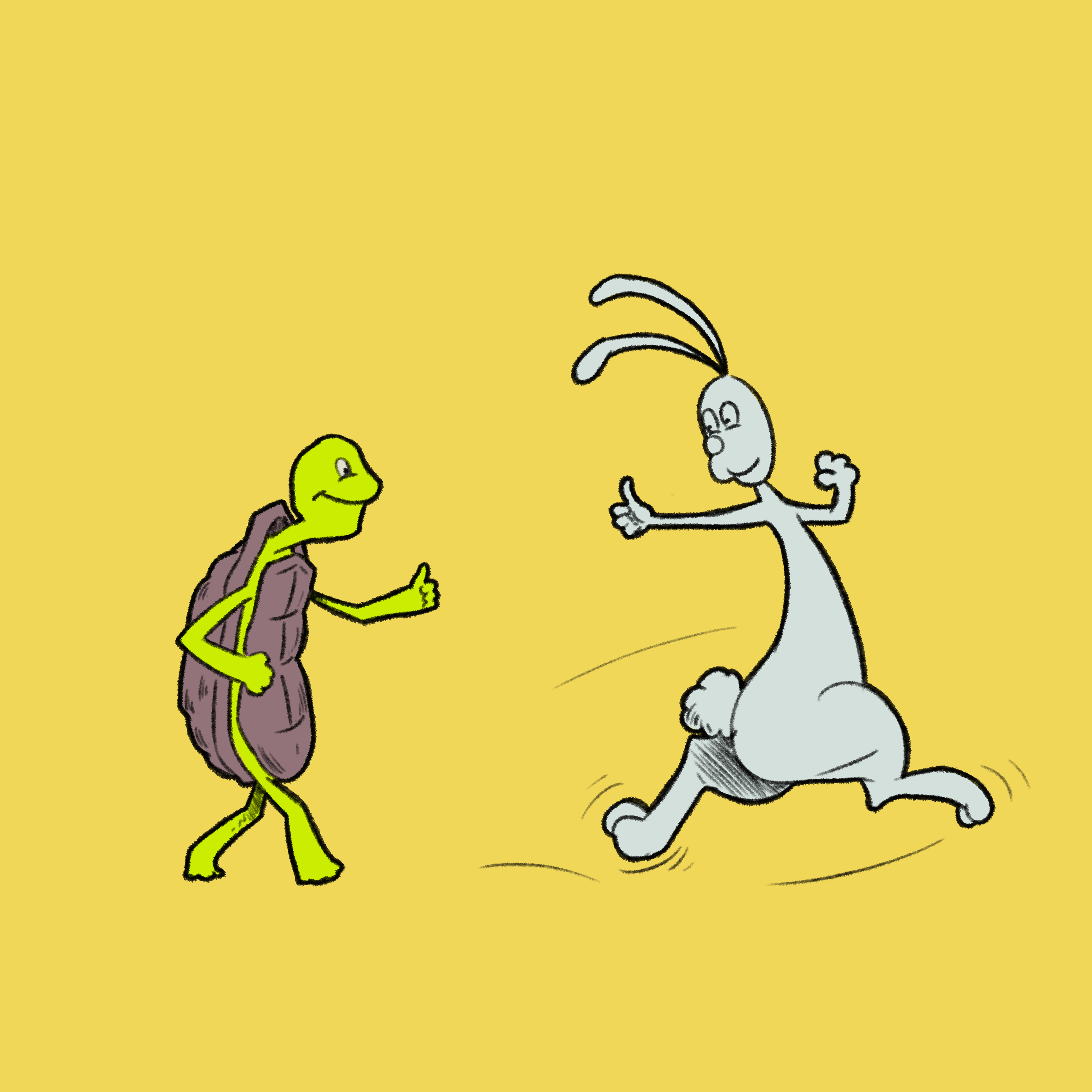If your aim is to get certified, real progress begins when you get tactical. Between managing coursework, coaching hours, recorded sessions, answering review questions, and mentoring, the certification process can feel overwhelming. Even the most motivated coach trainee can hit a wall—whether it’s due to a busy work season, illness (yours or a family member’s), or simply the unpredictable nature of life. That’s why having a clear, realistic timeline isn’t just helpful, it’s essential.
But before we dive into the details, there are a few factors to keep in mind that may affect how long the process takes for you.
Timing Depends on a Few Key Things:
Practice Pace
First, think about the number of coaching hours you can realistically do each week. If you're coaching five times a week, you're going to hit that 75-hour requirement in about 4 months. If you're only doing one or two sessions a week, it will more likely take you 16-18 months.
Processing Rate
Next, consider how you process and restate information, especially when it comes to the review questions. The multiple-choice review questions are straightforward, but the long-answer questions require time to reflect on. If you’re someone who needs time to think things through or prefers to write more thoroughly, make sure you give yourself time and space to do that without rushing.
Recording Comfort
The third thing to consider is your comfort level with recording yourself and the technical skills required to upload recorded sessions. Some people hit “record” and roll through their session confidently. Others feel a little anxious knowing they are going to be assessed (which is normal!) You might need a few tries before you submit a recording that you're happy with. You may also want extra time to manage the file format and transcript requirements.
Mentor-Session Expectations
You and your mentor both bring expectations to this part of the process. Your expectations may impact who you choose. For example, you may prefer to be paired with someone with a reputation for speed vs. thoroughness. Your mentor’s expectations will also show up in their assessment of your review questions and recordings. If they see an area for improvement, they will ask you to revise or redo parts before certifying you. This process takes time, so it’s worth building in a couple of months rather than rushing to do it too close to the deadline.
Three Timelines, One Goal: Certification
Below are the three timelines we’ve created that will help you choose how fast or slow you want to move towards certification. We’ve also included a handy graphic at the end of this blog that goes into more details of each timeline.
The 10-Month Plan is for people who are ready to go full steam ahead and is the minimum amount of time in which a trainee can complete the process. You’ll need to be coaching around five times a week, moving fairly quickly through coursework, reviews, and recordings. It’s fast but doable if you can commit steady and significant time each week.
The 18-Month Plan offers a more balanced pace. It is ideal if you’re juggling work, family, or you are just the type of person who wants more breathing room towards certification. You’ll need to do practice coaching two to three times a week.
The 24-Month Plan is the most spacious of all the plans and is the maximum amount of time a within which a trainee can compete certification to avoid additional fees. You will only need to do practice coaching once to twice a week, plus you’ll have more time to work on your review questions and recordings. This is the ideal option if your life is full and you need maximum flexibility.
Choosing Your Timeline
The perfect timeline is the one that fits you so consider these questions:
How much time can I commit to coaching each week?
Do I like moving fast, or do I prefer taking my time?
How much space do I need for writing, reflecting, and reworking?
And remember, your timeline isn’t set in stone. Many trainees shift gears once they get going, and that’s ok. For example, you could start out on the minimum plan but decide to change to the maximum plan if you get sick, or if work becomes too demanding. The most important thing is to understand how your timing fits within the Wayfinder requirements to avoid surprises.
A Final Note: It’s Not a Race — But There Is a Clock
The Wayfinder Life Coach Training journey is deeply rewarding, but it does come with a time limit. You're expected to complete your certification within 12 months of the last class.
If you do not get certified within this time, additional fees will apply. For more information on additional fees and timelines structure, please contact Martha Beck Wayfinder Support directly at support@marthabeck.com
We’re happy to help you figure out what timeline works best for you and support you along the way. Please contact the WhatxWhen team if you have any questions.





